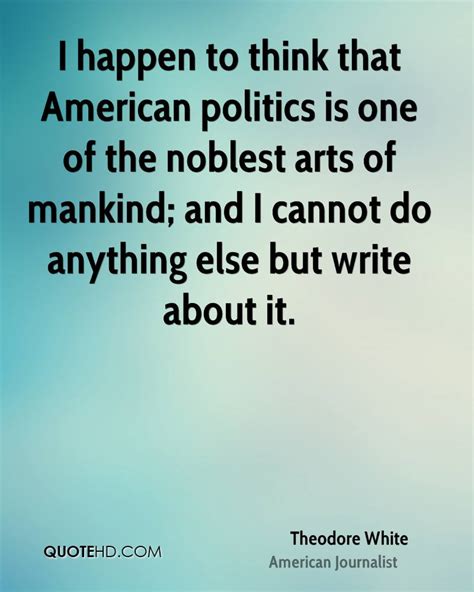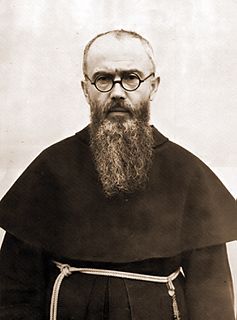A Quote by A. C. Bradley
If we are to include the outer and the inner struggle in a conception more definite than that of conflict in general, we must employ some such phrase as 'spiritual force.' This will mean whatever forces act in the human spirit, whether good or evil, whether personal passion or impersonal principle; doubts, desires, scruples, ideas-whatever can animate, shake, possess, and drive a man's soul. [19]In a Shakespearean tragedy some such forces are shown in conflict.
Quote Topics
Act
Conception
Conflict
Definite
Desires
Doubts
Drive
Employ
Evil
Force
Forces
General
Good
Human
Human Spirit
Ideas
Impersonal
Include
Inner
Inner Struggle
Man
Mean
More
Must
Outer
Passion
Personal
Phrase
Possess
Principle
Scruples
Shake
Shakespearean Tragedy
Shown
Some
Soul
Spirit
Spiritual
Struggle
Than
Tragedy
Whatever
Whether
Will
Related Quotes
Modern politics is, at bottom, a struggle not of men but of forces. The men become every year more and more creatures of force, massed about central powerhouses. The conflict is no longer between the men, but between the motors that drive the men, and the men tend to succumb to their own motive forces.
So let us decide whether you want a shelter, a safety zone, which will no longer yield conflict, whether you want to escape from the present conflict to enter a condition in which there shall be no conflict; or whether you are unaware, unconscious of this conflict in which you exist. If you are unconscious of the conflict, that is, the battle that is taking place between that self and the environment, if you are unconscious of that battle, then why do you seek further remedies? Remain unconscious.
Whenever you are able, have a "look" inside yourself to see whether you are unconsciously creating conflict between the inner and the outer, between your external circumstances at that moment - where you are, who you are with, or what you are doing - and your thoughts and feelings. Can you feel how painful it is to internally stand in opposition to what is? When you recognize this, you also realize that you are now free to give up this futile conflict, this inner state of war.
No one in the world can change Truth. What we can do and should do is to seek truth and to serve it when we have found it. The real conflict is the inner conflict. Beyond armies of occupation and the hecatombs [e.g. the sacrifice of many victims] of extermination camps, there are two irreconcilable enemies in the depth of every soul: good and evil, sin and love. And what use are the victories on the battlefield if we ourselves are defeated in our innermost personal selves?
Spiritual fulfillment doesn't have to mean belief in a religion or disbelief in science. ... Whether one believes in an unseen, all-knowing force, or the wonder of science and the universe, or simply the beauty of the human spirit, nearly every one of feels an inner longing to feel part of something bigger than ourselves.
A libertarian is a person who believes that no one has the right, under any circumstances, to initiate force against another human being for any reason whatever; nor will a libertarian advocate the initiation of force, or delegate it to anyone else. Those who act consistently with this principle are libertarians, whether they realize it or not. Those who fail to act consistently with it are not libertarians, regardless of what they may claim.
Whatever we do must be in accord with human nature. We cannot drive people; we must direct their development. The general policy of the past has been to drive; but the era of force must give way to the era of knowledge, and the policy of the future will be to teach and lead, to the advantage of all concerned.
Conflict is the basis of drama. I guess that goes back as long as time has existed as far as mankind is concerned, dating back to the Greek tragedies or the Old Testament. And violence is a form of conflict, so whether that's catharsis or whether that has some socially damaging effect on audiences - I suppose that would just depend.

































